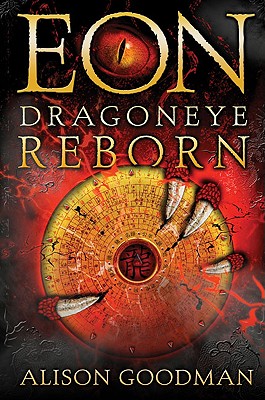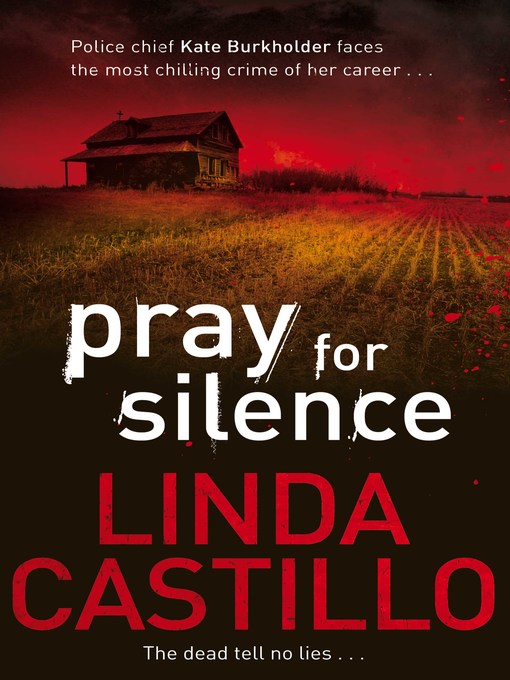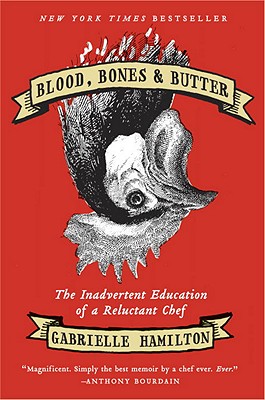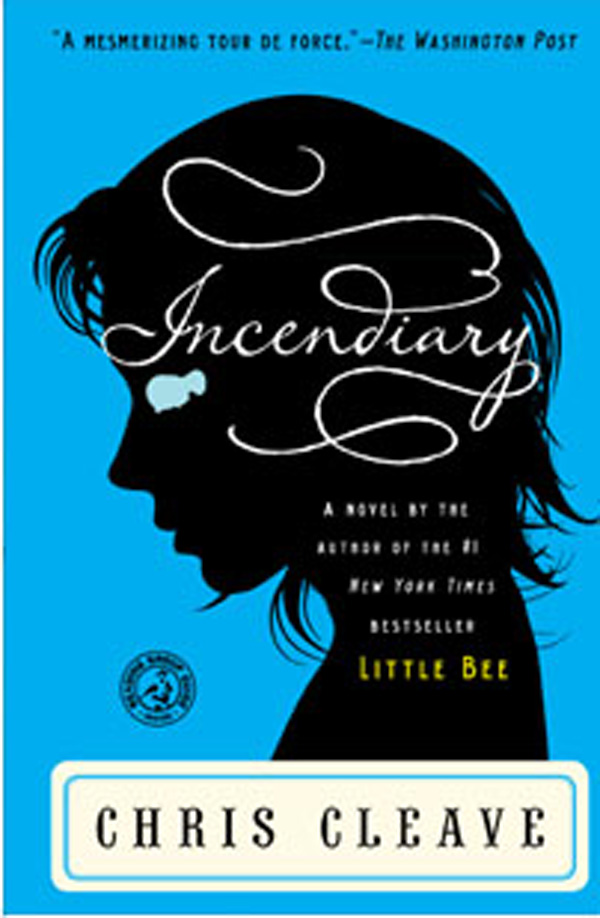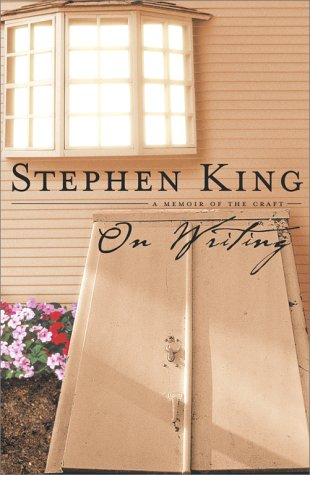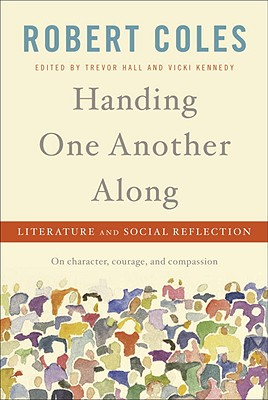"You don't have to be a sports fan or a war-history buff to devour this book - you just have to love great storytelling."
- excerpt from Rebecca Skloot, praising Unbroken
Generally it takes me a few days to write these reviews. Even though I enjoy cataloging the books I've read for future reference and helping friends find good books, writing is still work, and I tend to avoid it when there are more pleasurable things to do (like starting a new book!).
But I couldn't wait to write about Unbroken.
I loved this book.
It was slow going as I first began to read. I love a good autobiography or memoir, but I've rarely been drawn to biographies, as they are often written with just enough emotional distance that I become bored and disinterested. But it only took a few pages for the reading to pick up its pace. Laura Hillenbrand writes with the confidence and knowledge of someone who is familiar with her subject through years of research and personal interviews. Zamperini told his story to Hillenbrand himself, bridging the distance I so dislike. Soon, I couldn't put the book down.
The autobiography records the life of Louis Zamperini, an almost-Olympic runner (the Olympics were cancelled due to WWII the year he qualified), and the book begins with Zamperini's childhood and adolescence, during which the boy was a rascal and a runner (putting both skills to good use with a bit of thievery). When he was of age, Zamperini was enlisted as a bombardier in the war, and in 1944 his plane was struck down, leaving Zamperini and two other men stranded on a raft in the middle of the ocean. For forty-six days they drifted over two thousand miles, facing starvation, Japanese gunfire from up above, and the constant presence (and occasional attack) of sharks around their raft. One of the men died, but Zamperini and his friend Phil Allen were still alive when their raft floated within sight of a series of Japanese-inhabited islands.
From that point on, Zamperini and Allen faced the most tortuous and nightmarish years of their lives, as they were passed from one execution island to another as unofficial prisoners of war. Zamperini in particular was treated with utter inhumanity, beaten, starved, and degraded day after day. The fact that he lived through his experiences in POW camps is, in itself, extraordinary. As I read, I found myself thinking time and time again how blessed I am and how easy my life has been. I gained such insight and appreciation for men and women that have been in the service; it is a life I cannot imagine.
Even if the book had ended with Zamperini's liberation from the POW camps, I would have heartily recommended it. But what really made me love this story was the ending, because after an initial struggle with anger and alcoholism, Zamperini came to forgive his captors and the men who tortured him relentlessly. And this forgiveness...well, it's what amazes me most.

